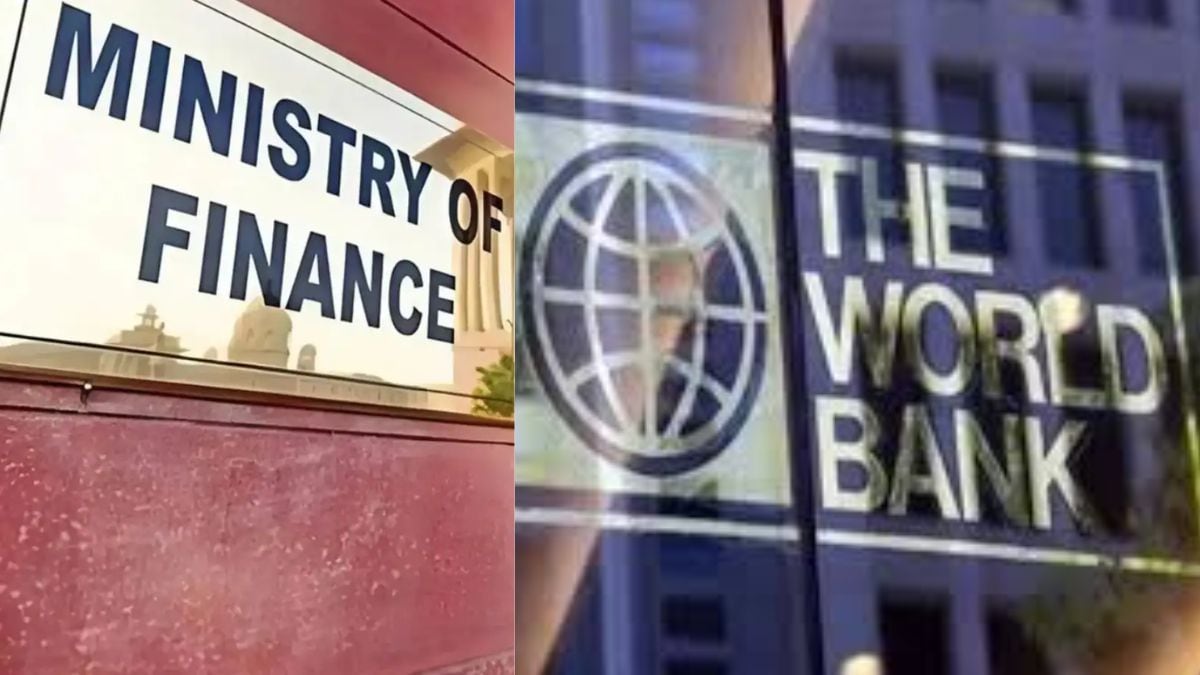The finance ministry has welcomed the World Bank’s Financial Sector Assessment (FSA) Report, an exercise mandatory every five years for systemically important jurisdictions like India.
The report, released on October 30, 2025, affirms that India’s financial system has grown significantly more resilient, diversified, and inclusive since the 2017 FSAP, crediting bold reforms for enabling swift recovery from the 2010s stress episodes and the pandemic.
The World Bank recognised India’s strengthened banking and NBFC regulation—expanded oversight of cooperative banks, tighter prudential norms, and scale-based NBFC frameworks that respect sectoral diversity.
The report’s endorsement of robust securities market supervision, bolstered by collateral enhancements, sustainable finance frameworks, and the Corporate Debt Market Development Fund (CDMDF), reflects India’s commitment to global standards.
The FSA highlighted India’s world-class Digital Public Infrastructure and inclusive government programs that have democratized financial access, particularly for women and MSMEs. The insurance sector’s alignment with international peers and strong observance of Insurance Core Principles in licensing, enforcement, and disclosure further validate India’s progress.
On climate resilience, the report noted that short-term stability in agriculture and banking while advocating granular data, adaptive measures, and a national Sustainable Finance Roadmap—recommendations aligned with India’s green growth priorities. Growth in MSME credit via IBC, TReDS, and Priority Sector Lending, alongside capital markets expanding to around 175% of GDP, underscores India’s deepening financial ecosystem.
Crucially, the report’s suggested—stronger credit risk frameworks, integrated conduct monitoring, comprehensive MSME data observatories, and credit enhancement mechanisms—largely mirroring India’s regulators’ ongoing agendas.
It stressed that achieving India’s vision to become a USD 30 trillion economy by 2047 requires further impetus to the financial sector reforms to boost private capital mobilization.
This article was first uploaded on November four, twenty twenty-five, at twelve minutes past eleven in the night.
